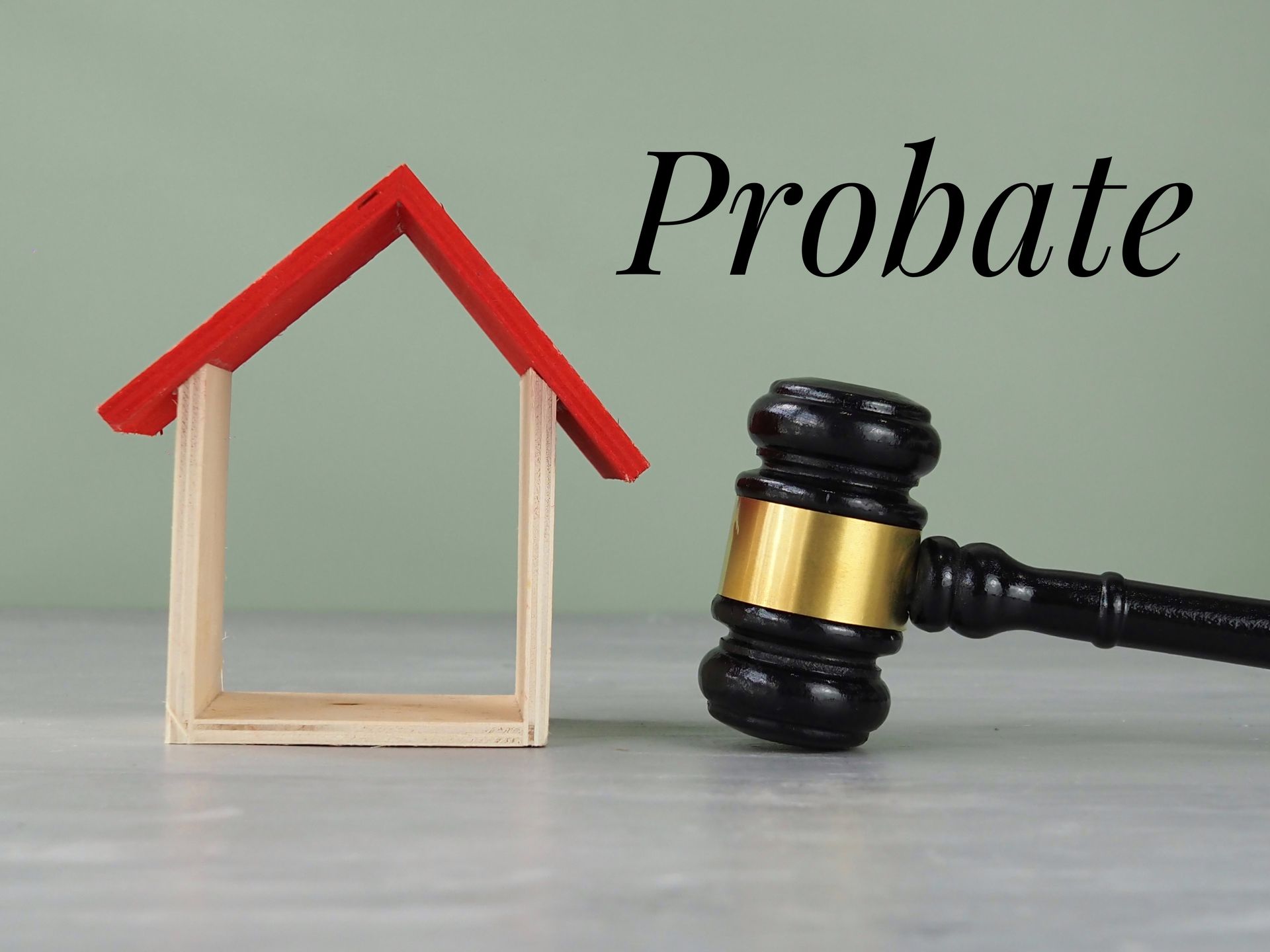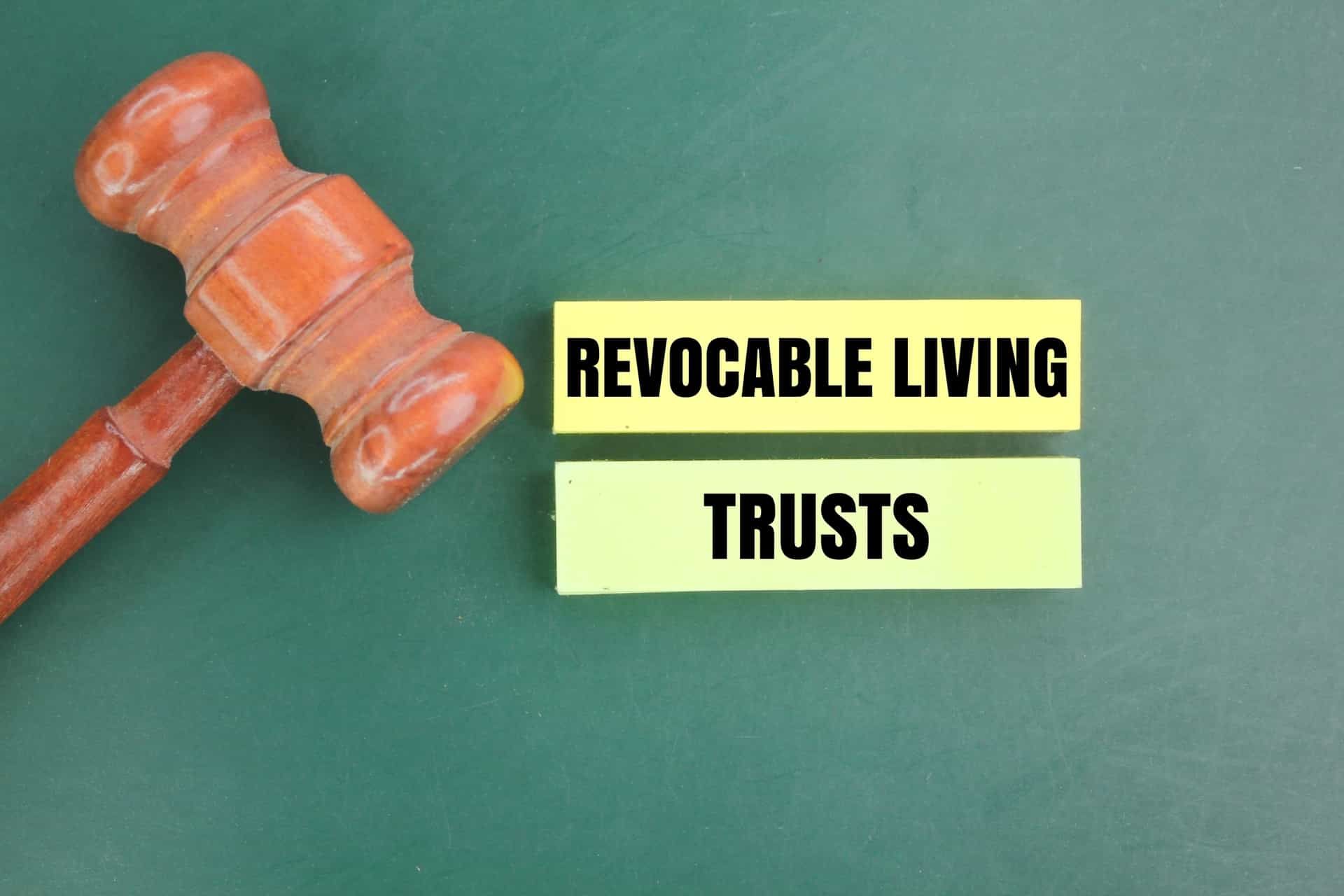What are the Various Types of Wills in Florida?
As the year draws to a close, you might be thinking that next year is the year that you will finally get your estate planning started. While it is never a bad time to think about planning your estate, we have found at our firm that a lot of people make comprehensive estate planning a priority on their list of New Year’s resolutions.
When it comes to estate planning, we suggest that our clients always begin with the most well-known of the estate planning documents – the last will and testament. We all know that your last will and testament is the primary way in which we articulate our wishes on how our assets should be distributed after death. What you may not know, however, is that there are various types of wills and trusts in Florida.
Accordingly, in this article, we are going to focus on wills in Florida in particular and cover the various kinds of wills that may exist in this State, and discuss the ones that are, and are not, recognized by Florida law. If, after reading this article, you have additional questions on getting your own estate planning started, then we welcome you to contact the Palm Beach County lawyers at Doane & Doane, PA. Call today at
561-656-0200 or fill out our
online contact form
.
Various Types of Wills
The most common type of will in Florida is the attested will , which is a will that is:
1. Written;
2. Signed by the testator (person making out the will);
3. In the presence of two witnesses.
Yet, there are other types of wills that exist in Florida, some of which are recognized as legally valid. The other types of wills are:
1. Military will
. This kind of will is executed in accordance with Federal law by a person who is eligible to make out such a will.
2. Holographic will
. Holographic wills are
handwritten
wills that are typically only signed by the testator.
3. Oral will
. An oral will, as you would expect, a will that is not written down, but merely spoken by another person.
4. Will from out of state
. As the title suggests, an out-of-state will is a will that was created in another state, but the estate is attempting to have the State of Florida honor it.
Which Types are Valid in Florida?
Attested wills are, as long as they are executed properly, are valid in the State of Florida.
With regard to military wills , they are typically valid in Florida. That is because they contain many of the same formalities required of attested wills in Florida.
With regard to holographic wills , they are normally invalid . That said, if a handwritten will is properly signed and witnessed, then it becomes an attested will and is no longer considered holographic.
With regard to oral wills , they are invalid in the State of Florida.
Finally, out-of-state wills can be valid in Florida if the will is in writing and is valid in the jurisdiction in which it was executed. Thus, even if an out-of-state will does not meet Florida attested will requirements, as long as it is valid in the state in which it was executed it is still valid to be administered in Florida.
What Happens if a Will is Determined to be Invalid?
If a probate court decides that a will is not valid, then the person who passed away will be considered to have died intestate . At that point, the Florida intestate laws are triggered.
Florida’s intestate laws provide that the assets of the person who passed away (“the decedent”) will be distributed to his or her heirs in a certain order of priority. Here are some examples of how the law works:
1. If the decedent has a surviving spouse, generally the surviving spouse receives all of the decedent’s assets.
2. If the decedent has a surviving spouse and children, yet that spouse has children from another marriage, then the decedent’s assets are divided such that one-half of the estate goes to the surviving spouse, and the other half goes to the decedent’s descendants.
3. If the decedent was not married at the time of death, then his estate will go to his children; and if he has no children, then to any living parents or siblings.
4. Some people believe that if you die without a will then your estate automatically goes to the State of Florida. That is
not
true.
Florida’s intestate laws will pass a decedent’s estate to any heirs, even remote heirs if the decedent does not have any living close relatives. The State would only take the decedent’s assets as a last resort if the decedent had no heirs.
Learn More About the Types of Wills and Trusts from the Lawyers at Doane & Doane Today
Founded in 2003 by husband and wife legal team, Randell C. Doane and Rebecca G. Doane , Doane & Doane provides legal and financial services to families, individuals, and businesses throughout Southeast Florida.
Estate planning is about much more than just giving away property. It is an act of love and kindness, with the ultimate goal of providing for the future financial security of your loved one. At Doane & Doane, our tax and estate professionals help people plan for retirement, consider various types of wills and trusts, make provisions for loved ones, figure out future child support, and minimize tax liability. Experienced wills and trusts attorneys know which tools to use to get the best results for their clients. Our lawyers can help you determine which tools are best suited to your specific circumstances.
When it comes to probate matters, such as the formal administration of an estate, Florida fiduciaries seek the assistance of the attorneys at Doane & Doane, P.A. to administer and manage their trusts and estates. Notably, the founding partners of Doane & Doane are board-certified West Palm Beach Probate Attorneys . With the additional advantage of certified public accountancy in their backgrounds, they present a unique combination of skills and experience which enables them to effectively settle, administer, and manage clients’ trusts and estates.
Since the day we opened our doors, we have worked hard to earn a reputation as one of the region’s most prominent tax and estate planning law firms in Palm Beach County, Florida. Our dynamic team includes the firm’s founding partners, experienced associate attorneys, and an outstanding team of paralegals, legal assistants, and support
Disclaimer: The information on this website and blog is for general informational purposes only and is not professional advice. We make no guarantees of accuracy or completeness. We disclaim all liability for errors, omissions, or reliance on this content. Always consult a qualified professional for specific guidance.
RECENT POSTS






